The most marketed political product does not always translate to voter acceptability – Razak Kojo Opoku reveals
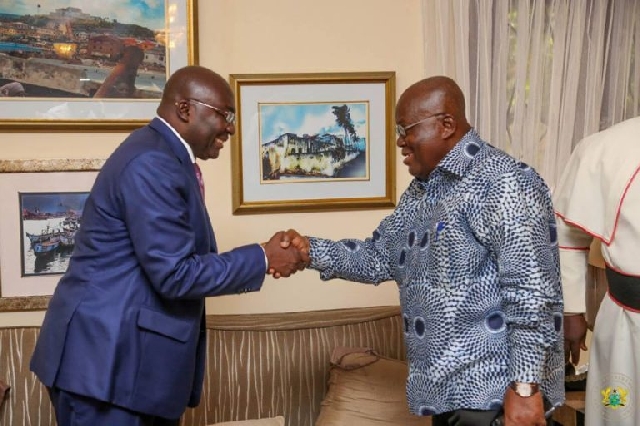 Dr Bawumia and Nana Akufo-Addo
Dr Bawumia and Nana Akufo-Addo
Political analyst and researcher and leading member of the New Patriotic Party(NPP), Dr. Razak Kojo Opoku, has argued that being the “most marketed” political candidate does not necessarily guarantee voter acceptability during elections.
In a statement issued under the auspices of the UP Tradition Institute, Dr. Opoku drew parallels between commercial product failures and political campaigns, stressing that popularity and visibility are not always synonymous with success at the polls.
He noted that in the business world, many heavily marketed products eventually failed despite aggressive promotion.
He cited examples such as Kasapa Mobile and Glo Mobile in Ghana, as well as international product flops like Google Glass, Apple Newton, Microsoft Zune, Nokia, Motorola, Crystal Pepsi, HP TouchPad, and Burger King’s Satisfries.
Applying the same analogy to politics, Dr. Opoku listed several political figures across Africa and beyond who enjoyed heavy publicity and popularity but failed to secure electoral victory.
These included Raila Odinga (Kenya), Atiku Abubakar (Nigeria), Morgan Tsvangirai (Zimbabwe), Anthony Leon (South Africa), Julius Malema (South Africa), Bobi Wine (Uganda), Martin Fayulu (DR Congo), Diane Rwigara (Rwanda), Al Gore (USA), Hillary Clinton (USA), Kamala Harris (USA), and Marine Le Pen (France) among others.
Dr. Opoku further highlighted Ghanaian examples, pointing out politicians who have contested multiple elections without significant voter acceptance.
These included Edward Mahama of the PNC, Thomas Nuako Ward-Brew, Dr. J. B. Danquah of the UGCC/UP tradition, and Paa Kwesi Nduom.
He also referenced Muhammadu Buhari of Nigeria, who had to contest the presidential elections four times before finally winning, as an illustration of how persistence sometimes pays off despite repeated electoral setbacks.
According to Dr. Opoku, the “psychology of voters” often overrides marketing strategies, meaning that public perception, trust, and socio-political realities play a greater role in determining electoral outcomes than media presence or campaign spending.
“Being the most marketed does not and may not always end in voter acceptability.
The psychology of voters can easily make nonsense of the ‘most marketed’ slogan during general elections,” he stated.
The political scholar concluded by urging politicians and campaign strategists to pay closer attention to voter behaviour and grassroots dynamics, rather than over-relying on publicity and brand marketing in their bid for political power.
Source: classfmonline.com/Cecil Mensah
Trending News

U.S., Ghana explore stronger health collaboration
09:00
E/R: Rehabilitation works begin on Koforidua-Suhum road to ease commuters’ plight
09:10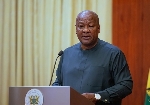
President Mahama explores education and biotechnology partnerships in Singapore
06:39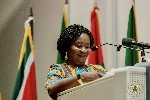
Ghana poised to become Africa’s digital trade hub – Vice President
16:39
Don’t be intimidated by the presence of police; they're here to provide security – NYA CEO to Akwatia voters
08:50
NDC’s Godwin Tameklo questions the use of Internally Generated Funds at Ridge Hospital
08:56
Hassan Tampuli supports 238 tertiary students in Gushegu
06:13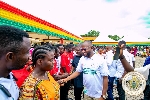
Volta Region launches National Apprenticeship Programme with 2,060 beneficiaries
13:51
E/R: Vigil held in honour of late Ernest Yaw Kumi
10:45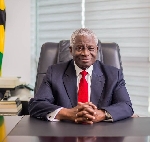
Razak Kojo Opoku urges NPP to resist ‘entrenchment theorists’
07:31



